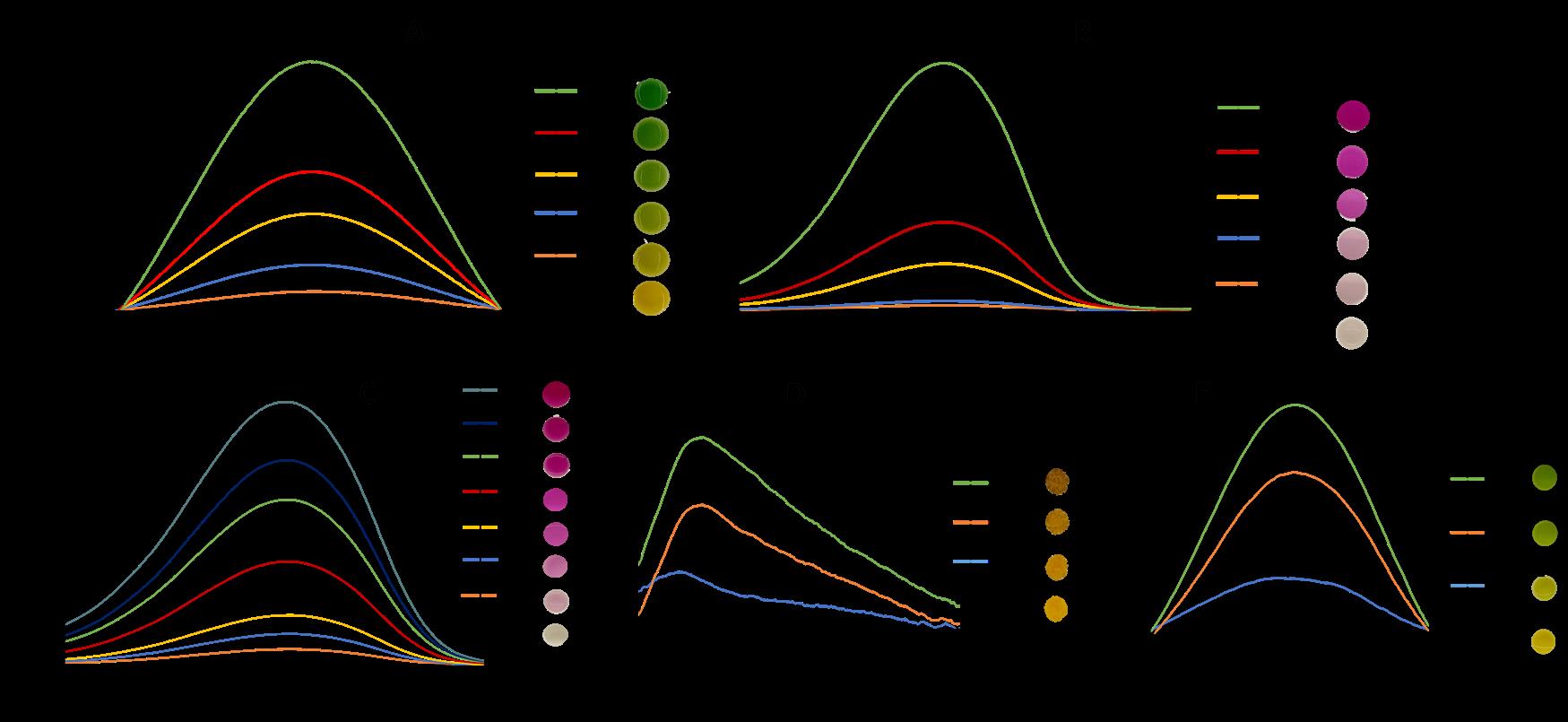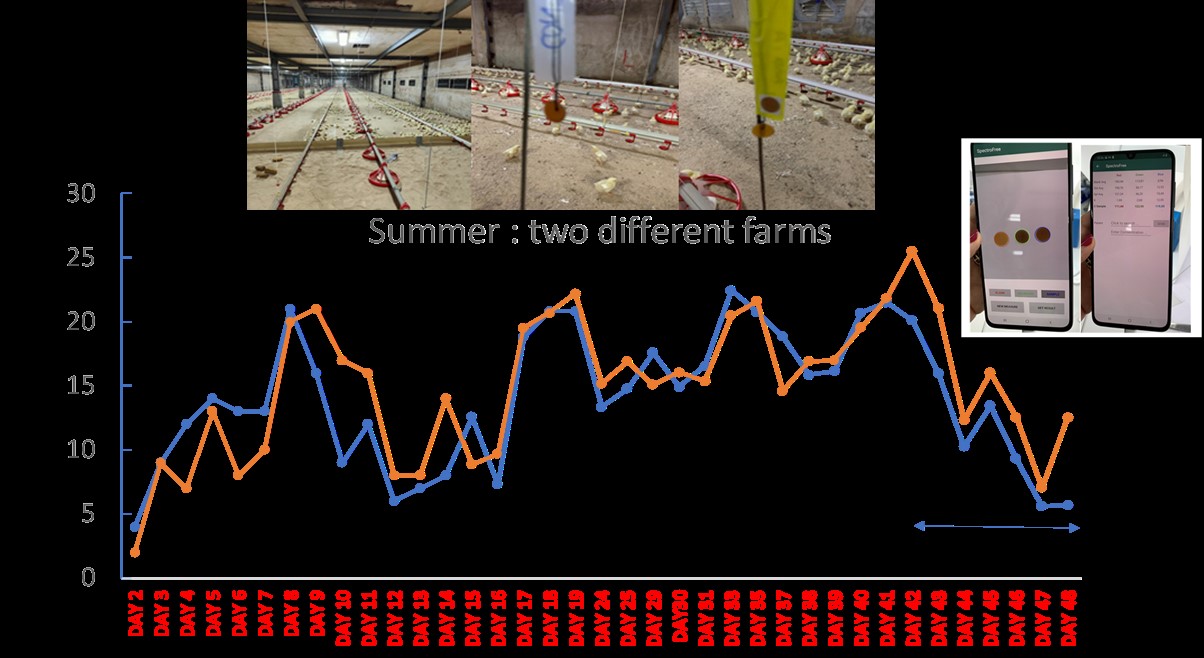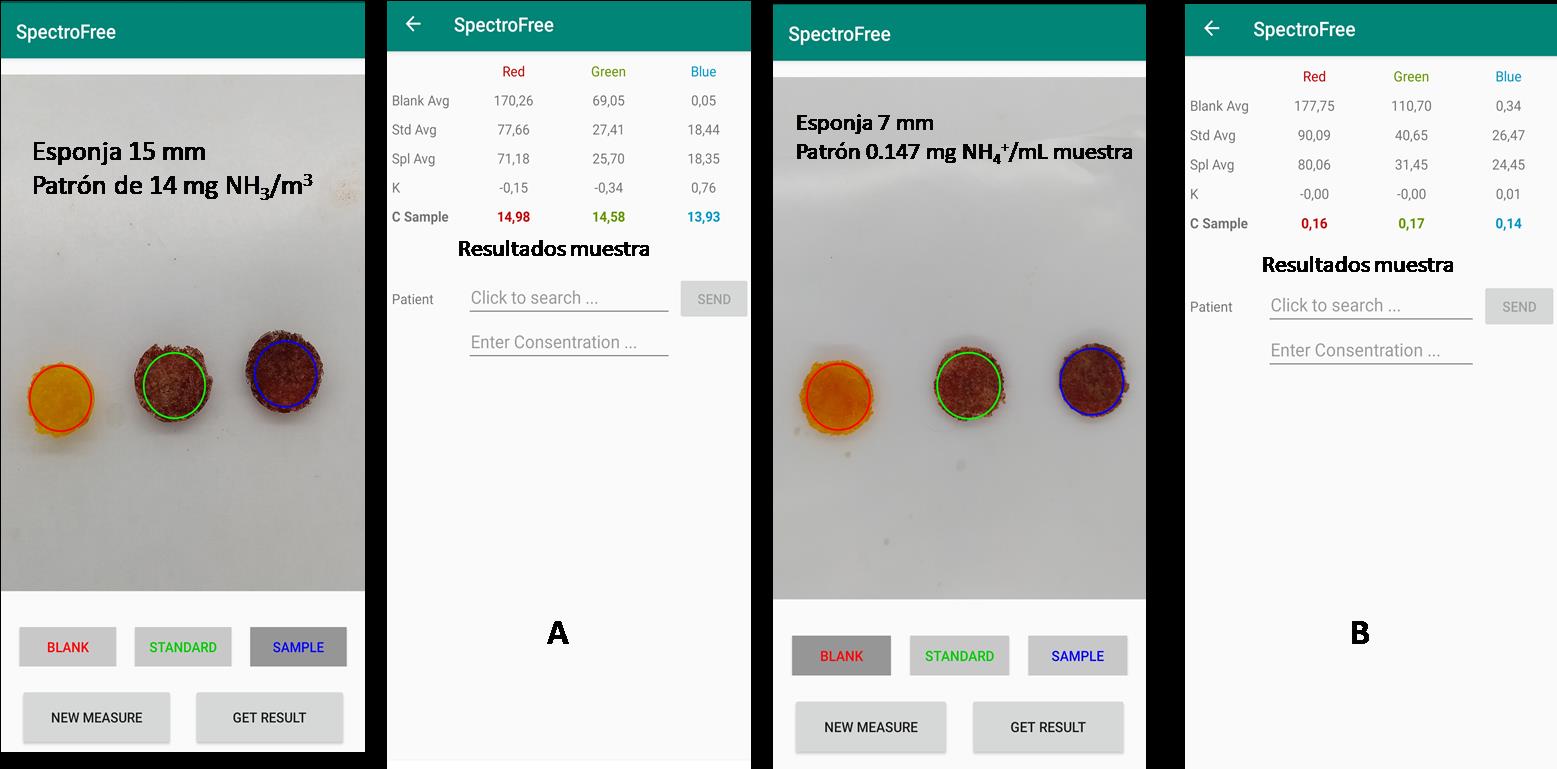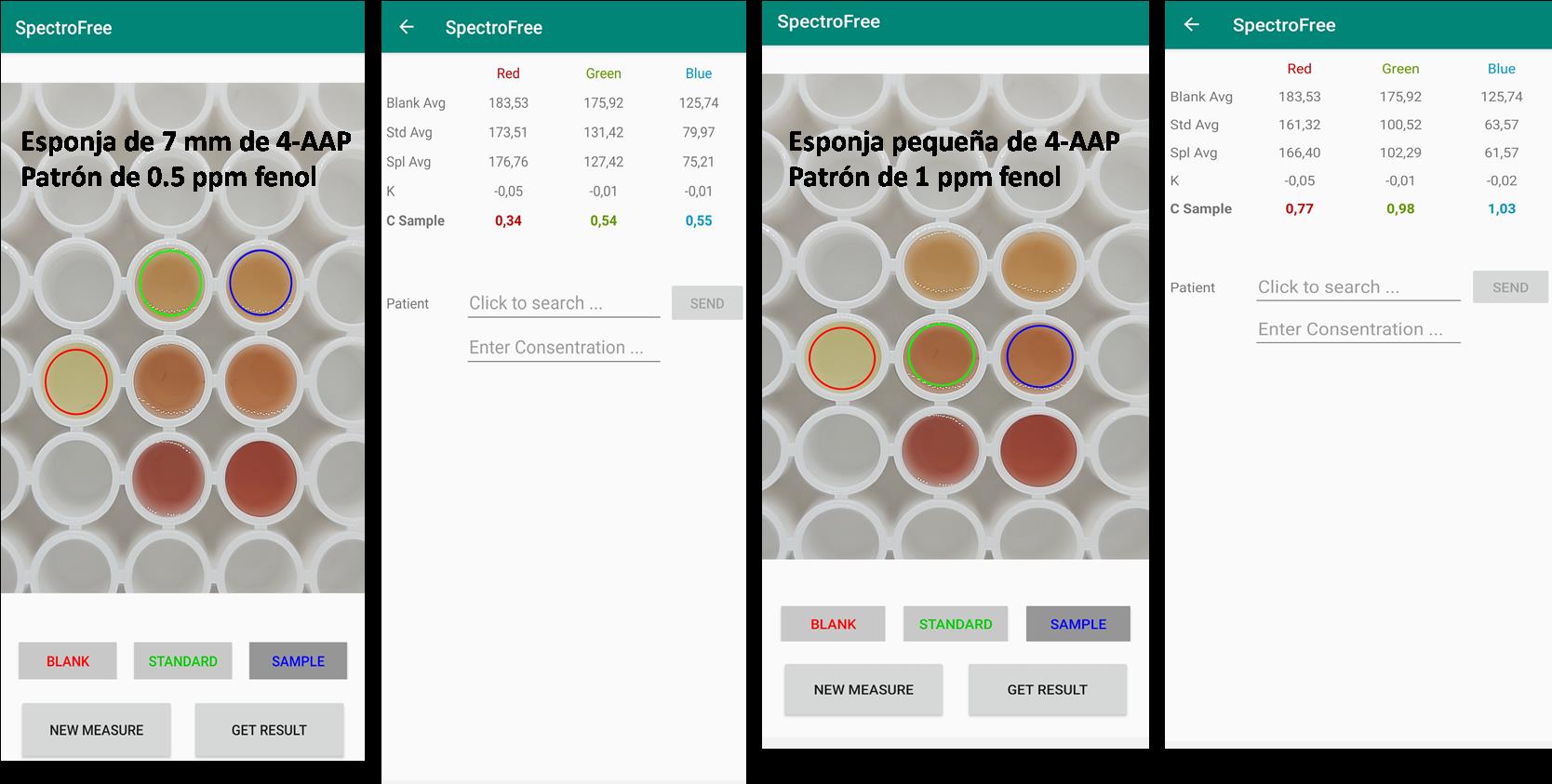- Universitat de València
- Campins Falco, Pilar
- PDI-Catedratic/a d'Universitat
- Coordinador/a de Programa de Doctorat
- Monforte Gomez, Belen
- PI-Invest Formacio Predoc Ministeri
- Moliner Martinez, Yolanda
- PDI-Catedratic/a d'Universitat
- Director/a de Departament
- Hakobyan, Lusine
- PI-Invest Doct Senior Prometeo
During the last few years, three-dimensional porous materials with polymers which present sponge morphology have been studied and developed by different methods. Most of these materials are used for oil absorption due to their high hydrophobic capacity, acting as absorbent decontaminants, and only a few have been used as colorimetric sensors. However, these sensors have certain disadvantages since a long exposure time is necessary to achieve low detection and quantification limits. Therefore, there are no optimal sensors for spot testing to control and monitor these air pollutants.
However, there is a need in the field to provide sensor devices that in addition to being compact and with mechanical integrity, have high sensitivity in the detection/determination of these analytes in short periods of time.
Researchers from the Universitat de València have developed a new 3D porous sponge-like matrix, with the capacity to embed and retain different types of reagents in its matrix, or to release those reagents previously embedded. Both of this features allow their use as a solid or dissolved sensor with different reagents capable of detecting and/or determining different analytes.
With this invention, sensors with high speed and sensitivity for analyte sensing are achieved.
The developed invention has applications in environmental remediation, water purification, drinking water treatment, brine recovery and also in the agri-food field including animal farm atmospheres and occupational health and safety. Measurement can be performed by visual inspection, from laboratory instruments and smartphones with a developed App. The three-dimensional array can act as a sensor or multi-sensor for a wide variety of analytes.
The main advantages provided by the invention are:
- Homogeneous distribution of the reagents retainedà good analytical response.
- Detection and/or determination of different types of analytes on the same sensor with different matrix or reagent release media.
- Possibility of taking spot measurements at short exposure times.
- Patent applied
Blasco Ibáñez Campus
C/ Amadeu de Savoia, 4
46010 València (València)

















